Find Help
More Items From Ergsy search
-

Patient Information Video - Leeds Stress Echocardiography Service
Relevance: 100%
-
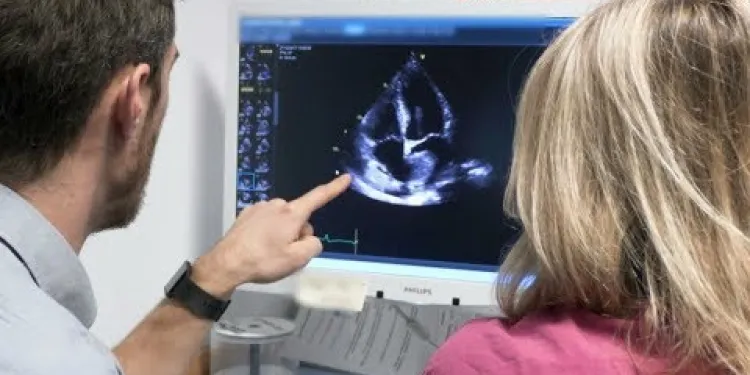
Join our echocardiography team
Relevance: 52%
-
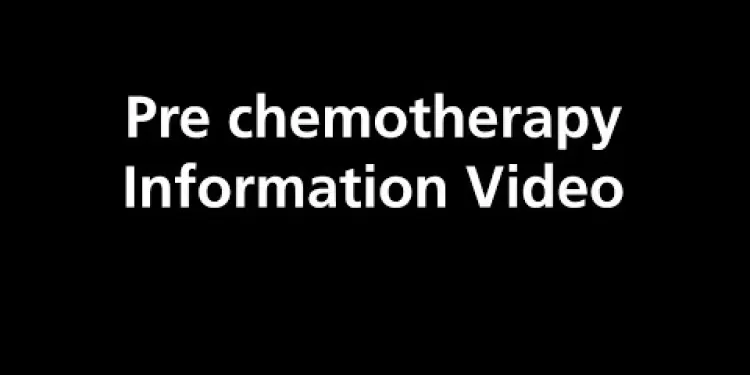
Pre chemotherapy Information Video
Relevance: 40%
-

Neuroendocrine tumour patient video
Relevance: 40%
-
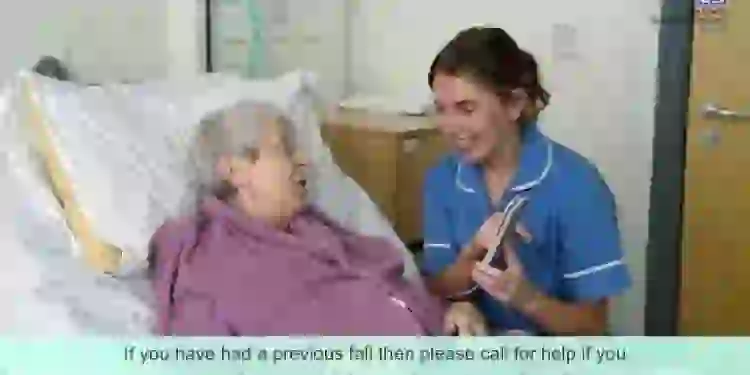
Falls Prevention video for patients attending hospital
Relevance: 35%
-
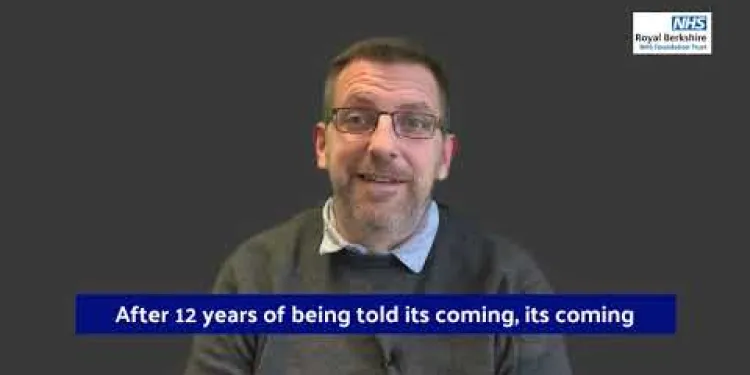
Peritoneal Dialysis - Information Video
Relevance: 32%
-

NHS STI (Sexually Transmitted Infections) Information Video
Relevance: 31%
-

Patient video: What to expect when having a bone scan
Relevance: 30%
-
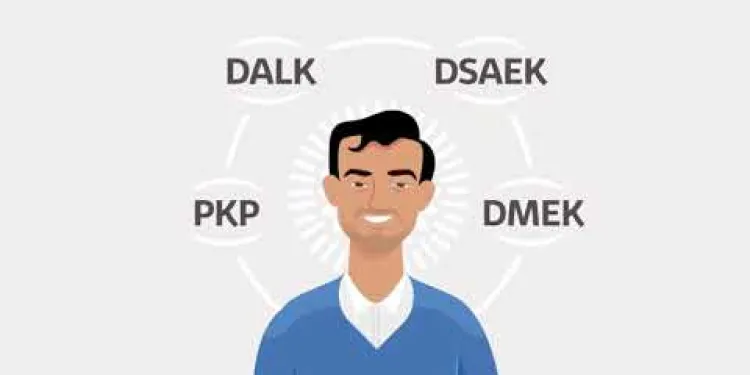
Cornea transplant patient Information
Relevance: 30%
-
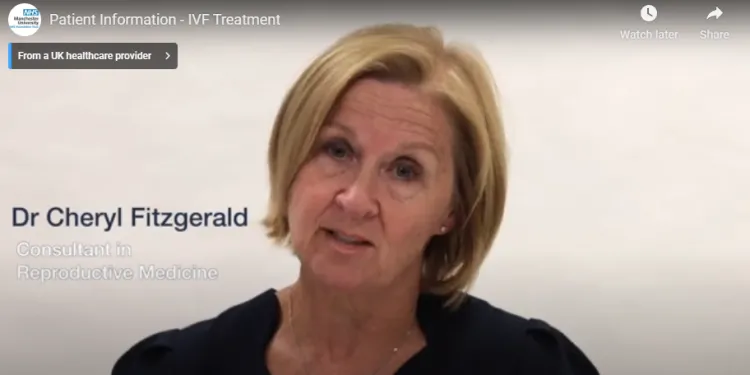
Infertility - IVF Treatment and Patient Information
Relevance: 29%
-

Is the video quality of a Ring Doorbell Camera good?
Relevance: 29%
-
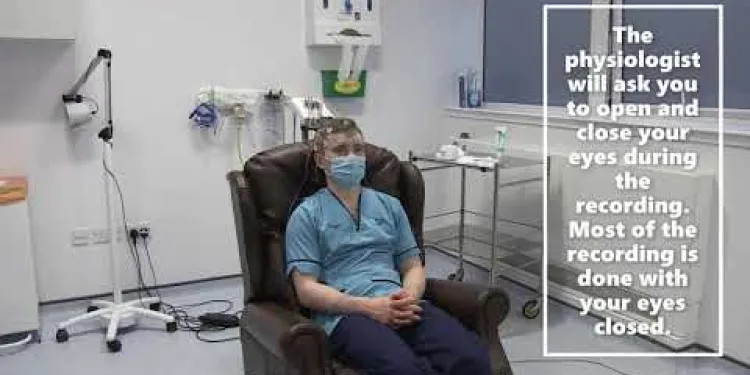
Neurophysiology EEG Patient Information
Relevance: 28%
-
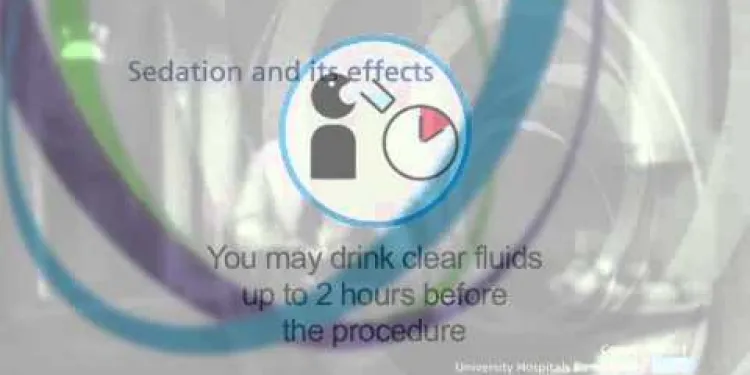
Endoscopy video preview
Relevance: 28%
-
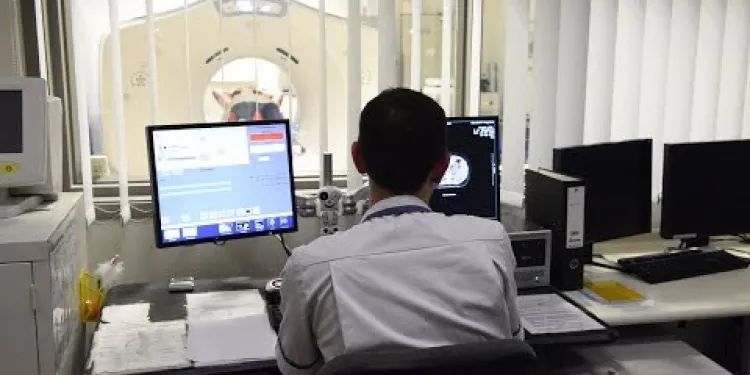
Having radiotherapy for breast cancer - 3 Videos
Relevance: 28%
-

Can online patient forums provide reliable information on waiting times?
Relevance: 28%
-

Useful information for patients with lower back pain
Relevance: 27%
-
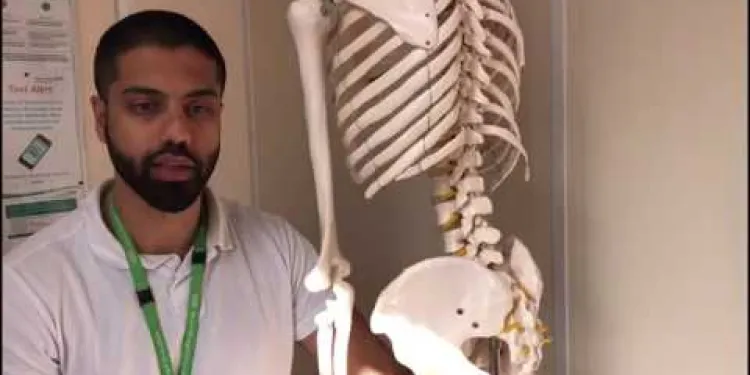
MSK Lower Back Pain information video
Relevance: 27%
-

Useful information for patients with lower back pain
Relevance: 27%
-
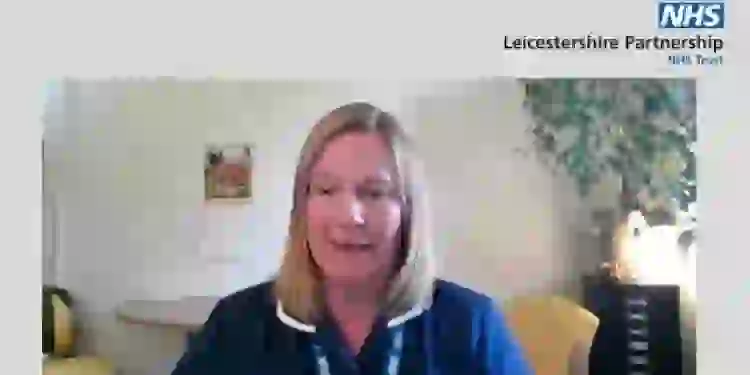
Needle phobia - Top tips video
Relevance: 26%
-
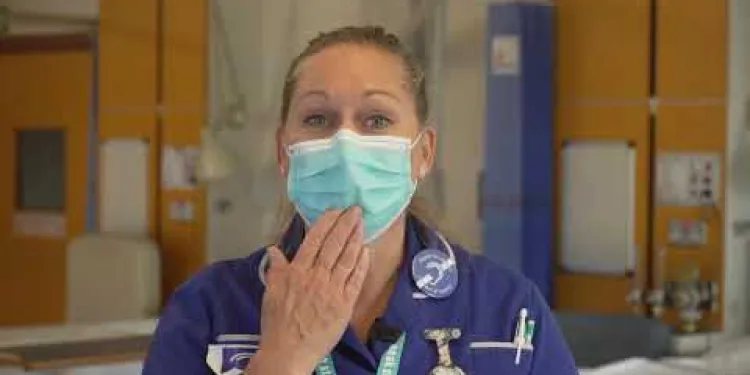
How to help deaf and hearing impaired patients and staff through Covid
Relevance: 25%
-

Can stress make Crohn's disease worse?
Relevance: 25%
-

Coping with Stress and Anxiety
Relevance: 25%
-

Finding out about Fibroids - information for patients
Relevance: 25%
-
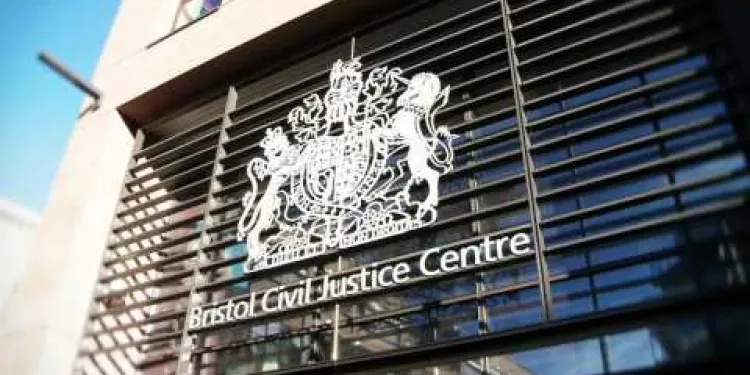
The Family Court without a Lawyer - Video 1 of 3
Relevance: 24%
-

The Family Court without a Lawyer - Video 2 of 3
Relevance: 24%
-

Can technology aid in the care of Alzheimer's patients?
Relevance: 24%
-

Can stress trigger psoriasis flare-ups?
Relevance: 23%
-

What support is available for carers of Alzheimer's patients?
Relevance: 23%
-

Does stress affect tinnitus?
Relevance: 23%
-

Can stress trigger shingles?
Relevance: 23%
-

Are there online support services for prostate cancer patients on the NHS?
Relevance: 22%
-

Can stress trigger shingles?
Relevance: 22%
-

How important is self-care for carers of Alzheimer's patients?
Relevance: 22%
-

Pelvic health: stress urinary incontinence
Relevance: 22%
-

The Family Court without a Lawyer - Video 3 of 3
Relevance: 22%
-
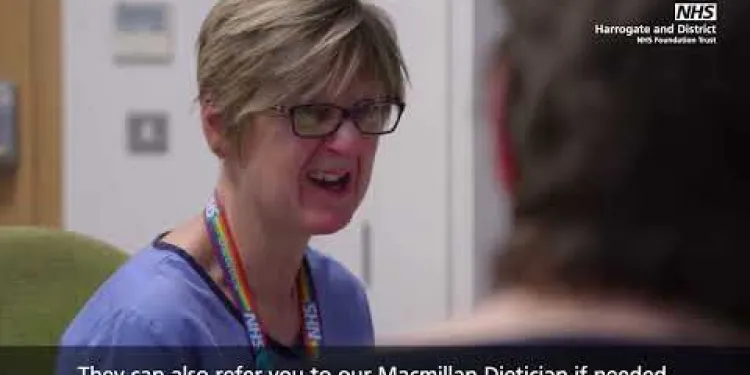
Information for all cancer patients receiving Chemotherapy or Targeted Therapy at HDFT.
Relevance: 22%
-

Can stress affect my Type 2 Diabetes?
Relevance: 22%
-

Can stress cause asthma symptoms?
Relevance: 22%
-

Does stress impact gut health as we age?
Relevance: 21%
-
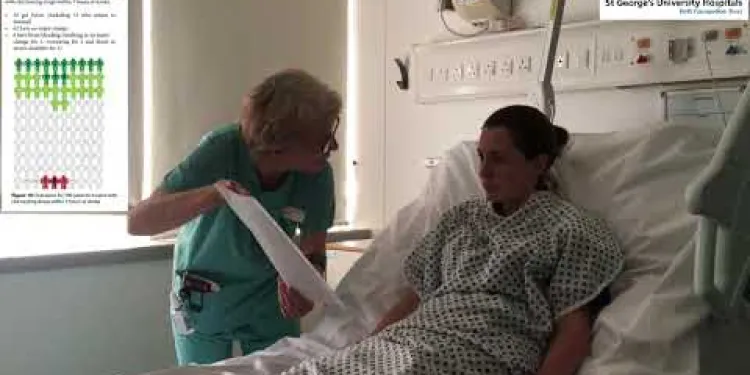
Gaining consent from stroke patients
Relevance: 21%
Patient Information Video - Leeds Stress Echocardiography Service
Introduction to Leeds Stress Echocardiography Service
Welcome to the Leeds Stress Echocardiography Service, where we provide a comprehensive assessment of your heart’s function and structure under stress conditions. This assessment helps in diagnosing and managing various cardiovascular conditions more accurately.
What is Stress Echocardiography?
Stress Echocardiography is a diagnostic test that combines ultrasound imaging of the heart with exercise or medication-induced stress. The aim is to observe how well your heart muscles function when placed under physical exertion, supporting the diagnosis and treatment of heart diseases.
Preparing for Your Appointment
Before your appointment, you may be advised to avoid eating, drinking certain beverages, or taking specific medications. It’s important to follow these instructions carefully to ensure accurate test results. Wear comfortable clothing and shoes suitable for exercise if you will be undergoing a treadmill stress test.
During the Procedure
The test usually lasts about 30 to 60 minutes. You will be monitored via an echocardiogram while either exercising on a treadmill or stationary bike, or while receiving a medication that simulates exercise. This will allow us to capture detailed images of your heart at rest and under stress.
Understanding the Results
Your consultant will review the echocardiogram images taken during your stress test to evaluate your heart’s performance. The results can help in detecting blockages, assessing the impact of previous heart attacks, and making informed decisions about further treatments or lifestyle changes.
After the Test
Post-test, you can generally resume your regular activities. Your consultant will discuss the results with you and may recommend additional tests or an appropriate management plan based on the findings. Ensure you address any concerns or queries during your follow-up consultation.
Contact Information
If you have any questions or need to reschedule your appointment, please contact the Leeds Stress Echocardiography Service. We are committed to providing you with the best care and accurate diagnostic services.
Patient Information Video - Leeds Stress Echocardiography Service
Welcome to Our Service
This is the Leeds Stress Echocardiography Service. We test how your heart works when you are doing exercise. This helps us to find out how strong your heart is and if there are any problems.
What is Stress Echocardiography?
This is a special heart test. We use a camera and sound waves to see pictures of your heart. We do the test when you are exercising or taking medicine that makes your heart work harder. This helps us see how well your heart works when you are active.
Getting Ready for Your Appointment
Before your test, you may need to not eat, drink some things, or take certain pills. This is important for the test to work well. Wear comfy clothes and shoes, as you might need to walk on a treadmill.
During the Test
The test takes about 30 to 60 minutes. We will watch your heart while you exercise on a treadmill or bike. Or, you might take medicine that makes your heart work as if you are exercising. We take pictures of your heart before and during the exercise.
Understanding Your Results
A doctor will look at the pictures of your heart. This helps us see if there are problems like blockages or past heart attacks. We can then decide on the best treatment or lifestyle changes for you.
After the Test
After the test, you can usually go back to your normal activities. Your doctor will talk to you about the results. They may suggest more tests or ways to take care of your heart. Be sure to ask any questions during your follow-up appointment.
Contact Us
If you have questions or need to change your appointment, contact the Leeds Stress Echocardiography Service. We are here to help you with the best care and information.
Frequently Asked Questions
What is a stress echocardiography test?
A stress echocardiography test is a diagnostic procedure where ultrasound imaging of the heart is performed before and after the heart is stressed, either through exercise or medication.
Why is a stress echocardiography test performed?
The test is used to assess how well your heart functions under stress, helping to diagnose conditions such as coronary artery disease, valve problems, or other heart-related issues.
How should I prepare for the test?
You may be asked to avoid eating or drinking certain substances before the test, and to wear comfortable clothes and shoes suitable for exercise.
How long does the test take?
The entire procedure typically lasts between 60 and 90 minutes, depending on your specific condition and how your heart responds to stress.
Is the test painful?
The test is generally not painful, but you may feel some discomfort during the exercise part or when the medication is administered to stress your heart.
What should I expect during the test?
You will undergo a resting echocardiogram, followed by either exercise on a treadmill or medication to increase your heart rate, and then another echocardiogram while your heart is stressed.
What if I can't exercise?
If you are unable to exercise, medication will be administered to simulate the effects of exercise on your heart.
Are there any risks associated with the test?
The risks are minimal but may include rare instances of abnormal heart rhythms, fainting, or a heart attack, especially if you have severe heart disease. Medical professionals are present to manage any complications.
Can I take my regular medications before the test?
You should consult your doctor about any medications you are taking, as some may need to be temporarily discontinued before the test.
When will I get the results?
The results are usually discussed with you shortly after the test, or you may receive them from your referring doctor within a few days.
Can I drive home after the test?
Yes, you should be able to drive home, unless advised otherwise by your doctor, especially if you've had medication to stress your heart.
Will I need someone to accompany me to the test?
It's generally unnecessary to bring someone with you, but you may choose to have a friend or family member accompany you for support.
What should I do if I feel unwell after the test?
If you experience any unusual symptoms such as chest pain, shortness of breath, or dizziness after the test, contact your doctor immediately.
Does the test require any follow-up procedures?
Depending on the results, your doctor may recommend additional tests or a follow-up appointment to discuss further management of your condition.
Is the test covered by the NHS?
Yes, stress echocardiography tests are typically covered by the NHS, but you should confirm this with the hospital or clinic performing the test.
What is a stress echocardiogram test?
A stress echocardiogram test looks at how your heart works when it beats faster. It uses a special camera to make a moving picture of your heart.
Why do we do it? To see if your heart is healthy and strong.
When do you need it? When your doctor wants to check your heart during exercise.
How can you prepare? You might need to wear comfy clothes and shoes. Eat a light meal before, but don’t have caffeine.
Tools to help: A friend or family member can come with you. They can help you understand and remember what to do.
A stress echocardiography test is a way to check how your heart works. This test uses pictures of your heart. First, the doctor takes pictures of your heart when you are resting. Then, you do exercise, like walking or running, or take some medicine to make your heart work harder. After that, the doctor takes more pictures of your heart to see how it looks when it is working hard.
If you find it hard to read, you can ask someone to help you. You can also try reading out loud or using an audio reader that speaks the text.
Why do doctors do a stress echo test?
A stress echo test shows how well your heart works. Your heart is like a pump. It sends blood all around your body. When you exercise, your heart works harder. The test helps doctors see if your heart is healthy or if it needs help.
Doctors might do this test if you feel chest pain, get tired easily, or have trouble breathing. It helps find heart problems early. That way, doctors can give you the right treatment.
Simple tools like talking to your doctor, using pictures, or asking someone to explain can help you understand better.
This test checks how well your heart works when it is under stress. It helps doctors find problems like heart disease, issues with heart valves, or other heart troubles.
How do I get ready for the test?
Before the test, you might need to stop eating or drinking some things. Wear comfy clothes and shoes that are good for doing exercise.
How long is the test?
The test is short. It takes about 30 minutes.
If you find reading or writing hard, take your time with the test. It is okay to go at your own speed.
You can use tools to help you, like:
- A timer to keep track of time.
- A quiet place to help you focus.
- Get help from someone you trust if you need it.
The whole procedure usually takes between 60 and 90 minutes. It depends on your condition and how your heart reacts to stress.
Does the test hurt?
The test does not usually hurt. But you might feel a little uncomfortable when you do the exercise or when the medicine makes your heart work hard.
What will happen during the test?
First, you will have a heart check-up while you are resting. This is called an echocardiogram.
Then, you will either walk on a treadmill or take some medicine to make your heart beat faster.
After that, you will have another heart check-up while your heart is working hard.
Here are some ways to help you understand this:
- Use pictures to see what will happen.
- Ask someone to explain the words you don't know.
- Talk to the doctor or nurse if you have any questions.
- Bring a friend or family member to help you.
What if I can't exercise?
It's okay if you can't exercise. Here are some things you can do:
- Talk to your doctor. They can help.
- Try gentle movements like stretching.
- Use a chair or bed to do exercises.
- Ask for help from a friend or family member.
Remember, doing a little is better than nothing.
If you can't exercise, the doctor will give you medicine. This medicine makes your heart act like you are exercising.
Are there any risks with the test?
Some people might worry about the test. It is good to know if there are any risks or dangers when you take the test.
It can help to ask a doctor or nurse about the test. They can explain what will happen and tell you if you need to be careful about anything.
If you still feel unsure, you can ask someone you trust to help you understand better, like a family member or friend.
The risks are very small. But sometimes, there might be a problem with your heart beating too fast or too slow. You might feel dizzy or even faint. In very rare cases, someone might have a heart attack. This is more likely if they already have a very sick heart. Doctors and nurses are there to help if anything goes wrong.
Can I take my usual medicine before the test?
Talk to your doctor about the medicine you take. Some medicine might need to be stopped for a little while before the test.
When will I get the results?
You will get your results soon. It is good to ask the staff when you will get them. You can use a calendar to mark the day. If you have any questions, ask someone for help. They can explain it to you.
You will usually talk about the results a little while after the test. Sometimes, your doctor will tell you the results in a few days.
Can I drive home after the test?
After the test, is it okay to drive home?
Here’s a simple tip to make sure:
- Ask the person who gave you the test if you can drive.
Tools and techniques you can use:
- Bring a friend or family member to help you.
- Use a taxi or a ride app like Uber.
Yes, you can drive home unless your doctor tells you not to. This is extra important if you took medicine that affects your heart.
Do I need someone to go with me to the test?
You might want to have someone with you for support. They can help you feel less worried. It's okay to ask for help.
You don't have to take someone with you. But if you want, you can take a friend or family member to help you feel better.
What to Do if You Feel Sick After the Test
If you feel sick after the test, tell an adult you trust. They can help you feel better.
You can also:
- Rest and take deep breaths.
- Drink some water.
- Eat a small snack if you are hungry.
If you still feel sick, get help from a doctor.
If you feel anything strange like your chest hurting, can't breathe well, or feel dizzy after the test, tell your doctor right away.
Do I need to do anything after the test?
If you need help, you can:
- Ask a friend or family member to explain.
- Use picture or symbol guides.
- Talk to a doctor or nurse.
Your doctor might want you to have more tests or come back for another visit. This is to talk about how to take care of your health.
Does the NHS pay for the test?
The NHS is the National Health Service. It helps people when they are sick. Ask if the NHS will pay for your test. You can talk to your doctor or nurse. They will help you find out. You can also ask a family member to help you know more.
Yes, the NHS usually pays for stress heart tests, but you should check with the hospital or clinic doing the test to make sure.
Useful Links
This website offers general information and is not a substitute for professional advice.
Always seek guidance from qualified professionals.
If you have any medical concerns or need urgent help, contact a healthcare professional or emergency services immediately.
Some of this content was generated with AI assistance. We’ve done our best to keep it accurate, helpful, and human-friendly.
- Ergsy carfully checks the information in the videos we provide here.
- Videos shown by Youtube after a video has completed, have NOT been reviewed by ERGSY.
- To view, click the arrow in centre of video.
- Most of the videos you find here will have subtitles and/or closed captions available.
- You may need to turn these on, and choose your preferred language.
- Go to the video you'd like to watch.
- If closed captions (CC) are available, settings will be visible on the bottom right of the video player.
- To turn on Captions, click settings .
- To turn off Captions, click settings again.
More Items From Ergsy search
-

Patient Information Video - Leeds Stress Echocardiography Service
Relevance: 100%
-

Join our echocardiography team
Relevance: 52%
-

Pre chemotherapy Information Video
Relevance: 40%
-

Neuroendocrine tumour patient video
Relevance: 40%
-

Falls Prevention video for patients attending hospital
Relevance: 35%
-

Peritoneal Dialysis - Information Video
Relevance: 32%
-

NHS STI (Sexually Transmitted Infections) Information Video
Relevance: 31%
-

Patient video: What to expect when having a bone scan
Relevance: 30%
-

Cornea transplant patient Information
Relevance: 30%
-

Infertility - IVF Treatment and Patient Information
Relevance: 29%
-

Is the video quality of a Ring Doorbell Camera good?
Relevance: 29%
-

Neurophysiology EEG Patient Information
Relevance: 28%
-

Endoscopy video preview
Relevance: 28%
-

Having radiotherapy for breast cancer - 3 Videos
Relevance: 28%
-

Can online patient forums provide reliable information on waiting times?
Relevance: 28%
-

Useful information for patients with lower back pain
Relevance: 27%
-

MSK Lower Back Pain information video
Relevance: 27%
-

Useful information for patients with lower back pain
Relevance: 27%
-

Needle phobia - Top tips video
Relevance: 26%
-

How to help deaf and hearing impaired patients and staff through Covid
Relevance: 25%
-

Can stress make Crohn's disease worse?
Relevance: 25%
-

Coping with Stress and Anxiety
Relevance: 25%
-

Finding out about Fibroids - information for patients
Relevance: 25%
-

The Family Court without a Lawyer - Video 1 of 3
Relevance: 24%
-

The Family Court without a Lawyer - Video 2 of 3
Relevance: 24%
-

Can technology aid in the care of Alzheimer's patients?
Relevance: 24%
-

Can stress trigger psoriasis flare-ups?
Relevance: 23%
-

What support is available for carers of Alzheimer's patients?
Relevance: 23%
-

Does stress affect tinnitus?
Relevance: 23%
-

Can stress trigger shingles?
Relevance: 23%
-

Are there online support services for prostate cancer patients on the NHS?
Relevance: 22%
-

Can stress trigger shingles?
Relevance: 22%
-

How important is self-care for carers of Alzheimer's patients?
Relevance: 22%
-

Pelvic health: stress urinary incontinence
Relevance: 22%
-

The Family Court without a Lawyer - Video 3 of 3
Relevance: 22%
-

Information for all cancer patients receiving Chemotherapy or Targeted Therapy at HDFT.
Relevance: 22%
-

Can stress affect my Type 2 Diabetes?
Relevance: 22%
-

Can stress cause asthma symptoms?
Relevance: 22%
-

Does stress impact gut health as we age?
Relevance: 21%
-

Gaining consent from stroke patients
Relevance: 21%


